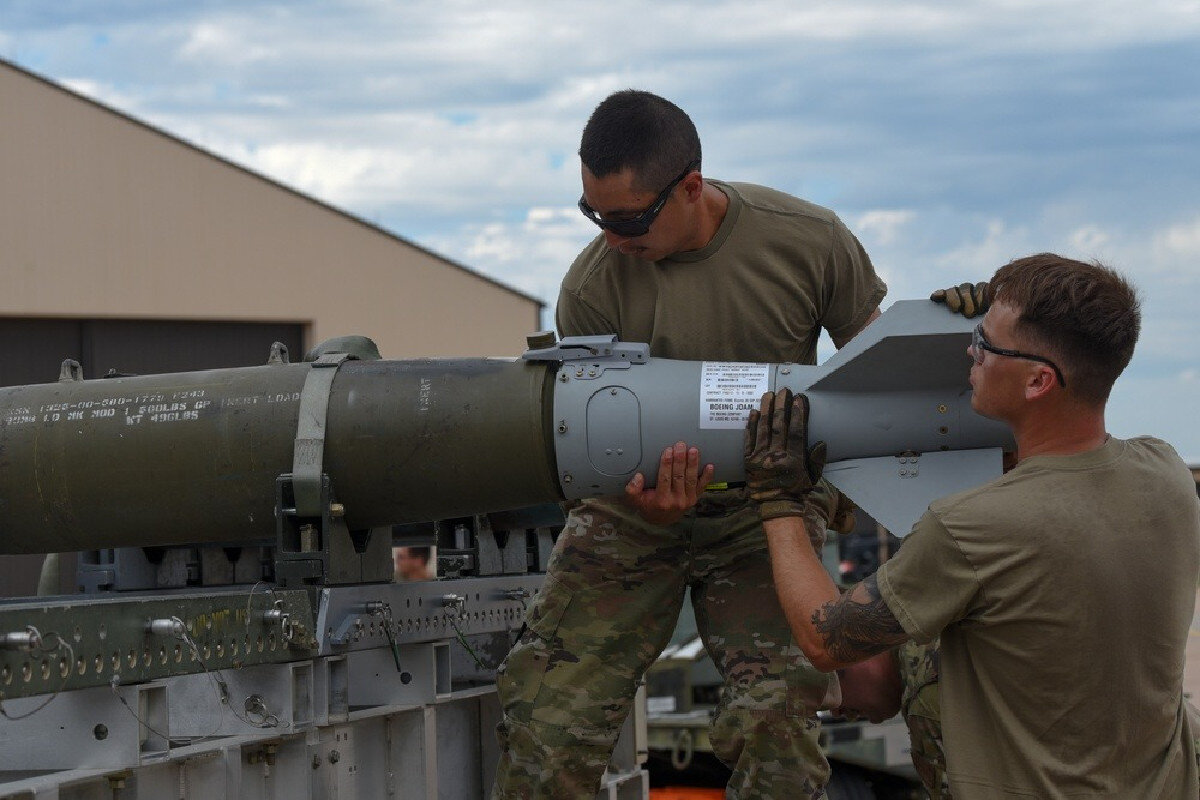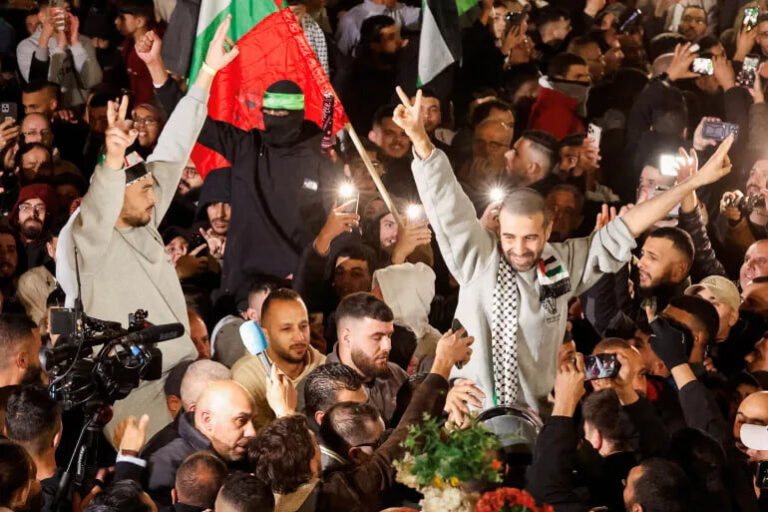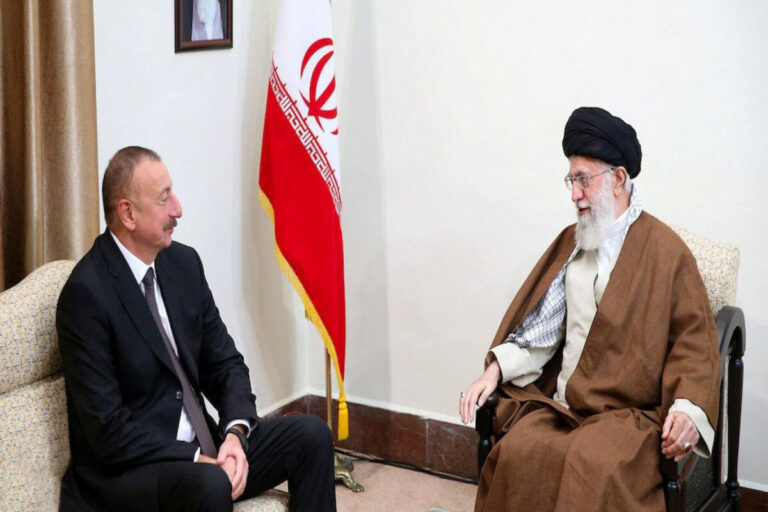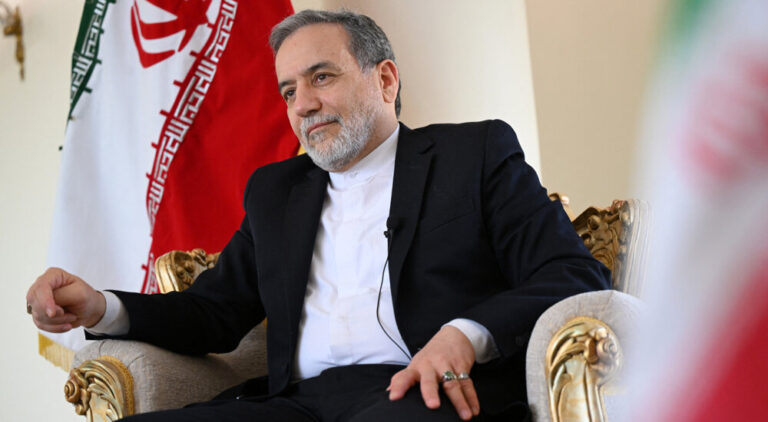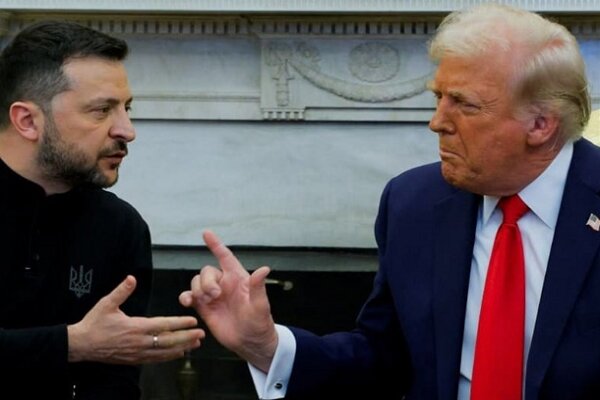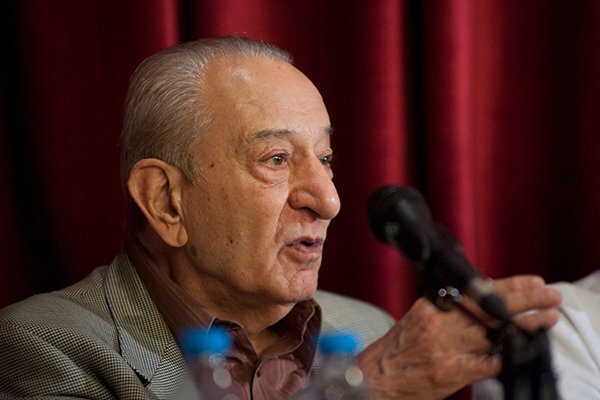Trump’s Controversial Arms Deal: Advanced Weaponry for Israel Under the Radar
In recent developments, the U.S.-Israel relationship has undergone a significant transformation during Donald Trump’s second presidency. This shift is characterized by heightened military, political, and diplomatic support aimed at fortifying Israel’s military capabilities, particularly amidst ongoing conflicts in Gaza. The Trump administration’s approach marks a departure from the policies of the previous administration, resulting in an increase in arms transfers and financial aid to Israel.
The renewed support from the Trump administration extends beyond just military assistance. It includes strong diplomatic backing at international platforms such as the United Nations, as well as strategic cooperation designed to maintain Israel’s military superiority in the volatile Middle East region. Key aspects of this renewed commitment include:
- Accelerated military aid and arms transfers.
- Substantial diplomatic support at the UN and other international bodies.
- Strategic initiatives to bolster Israel’s military capabilities.
The current approach of the Trump administration reflects a broader geopolitical strategy aimed at countering regional resistance groups and enhancing Israel’s military edge. However, this ongoing support has sparked intense debates and protests worldwide, raising questions about humanitarian impacts and the long-term consequences of such policies.
Expanded Military Aid
In March 2025, the Trump administration invoked emergency authorities to expedite around $4 billion in military assistance to Israel, effectively bypassing the standard congressional notification process. This decisive action signals a clear deviation from the previous administration’s handling of arms transfers. Notably, this $4 billion is part of a larger commitment, with Trump having authorized nearly $12 billion in Foreign Military Sales to Israel since taking office, underscoring a significant dedication to enhancing Israel’s military strength.
Additionally, the administration annulled National Security Memorandum 20, which had mandated guarantees that U.S.-supplied weapons would comply with international law. Alongside financial assistance, the U.S. has supplied Israel with a comprehensive range of munitions essential for its military operations in Gaza. This includes:
- Tens of thousands of bombs and artillery shells, such as MK 84 and BLU-117 bombs.
- 4,000 Predator warheads.
- Components for the Iron Dome missile defense system.
Moreover, emergency sales of tank shells and artillery munitions worth hundreds of millions of dollars were authorized to replenish Israeli stockpiles that were depleted during its ongoing military campaign in Gaza, which began in October 2023. The arsenal provided includes precision-guided munitions and large “bunker buster” bombs, which have been pivotal in some of the most severe Israeli strikes in the region. This comprehensive military aid package illustrates the Trump administration’s focus on maintaining Israel’s military edge, even as it sidesteps traditional legislative oversight mechanisms.
Political and Diplomatic Backing
The Trump administration’s political commitment to Israel is evident through both symbolic gestures and practical actions. Trump prioritized Israel in his foreign policy, welcoming Israeli Prime Minister Benjamin Netanyahu as his first official guest. To reinforce support for Israel’s government and its policies, the administration has taken measures such as:
- Retaliating against the International Criminal Court for indicting Israeli officials.
- Lifting sanctions on certain Israeli settlers in the West Bank.
In a controversial move, Trump proposed that the “United States take over Gaza” to redevelop the area, envisioning it transformed into a resort site under U.S. control, effectively displacing the Palestinian population. Although this idea was rejected by Arab states, it underscores the administration’s readiness to reshape geopolitics in favor of Israel.
Furthermore, actions have been taken against student activists protesting Israel’s military actions in Gaza. The administration announced plans to deny federal funding to educational institutions that facilitate what it terms “illegal protests” and to deport foreign students involved in these activities.
Strategic and Regional Implications
During Trump’s second term, Israel has an unprecedented opportunity to cement its dominance in the region. The scale and unconditional nature of U.S. aid, coupled with the deepening ties between Washington and Tel Aviv, have granted Israel greater autonomy over the political and security dynamics in the Middle East. This influence extends to military actions in Gaza, the West Bank, Lebanon, and Syria, where the U.S. government appears to have given Israel a free hand.
Nevertheless, the relationship remains complex. The Trump administration’s pragmatic approach reveals a transactional aspect that balances unrestricted aid with larger U.S. strategic interests, including engagement with regional players such as Iran and Hamas, while also maintaining trade tariffs on Israeli imports. This delicate interplay highlights the multifaceted nature of the U.S.-Israel alliance in the current geopolitical landscape.
